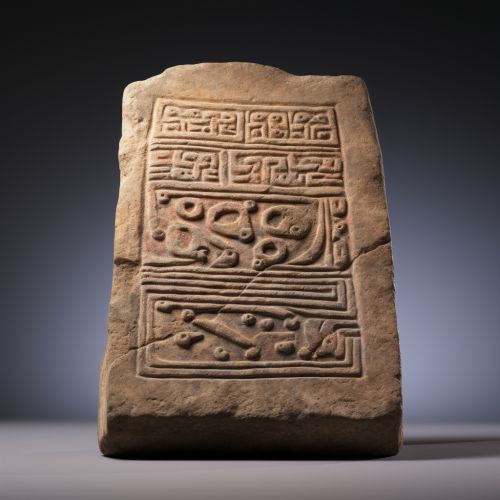Obscene Language
Definition and Overview
Obscene language, also known as profanity, is a type of language that is considered offensive, vulgar, or disrespectful. It includes words, phrases, or expressions that are culturally or socially taboo. The use of obscene language can be traced back to ancient times, and its usage and acceptance vary widely across different cultures and societies.


Historical Context
The use of obscene language is not a modern phenomenon. Ancient civilizations, such as the Romans and Greeks, had their own versions of profanity. These words were often related to bodily functions, sexuality, and deities. Over time, the nature of obscene language has evolved, reflecting changes in societal norms and values.
Linguistic Aspects
From a linguistic perspective, obscene language is fascinating due to its versatility and emotional impact. It can serve various functions, such as expressing anger, frustration, surprise, or even admiration. Obscene language often breaks the rules of standard language use, making it a unique area of study in linguistics.
Psychological Aspects
Research in psychology has shown that the use of obscene language can have both positive and negative effects. On the one hand, it can serve as a coping mechanism, helping individuals to manage stress and pain. On the other hand, excessive use of obscene language can be perceived as aggressive or disrespectful, potentially leading to social and interpersonal problems.
Societal and Cultural Perspectives
The acceptance and use of obscene language vary greatly across different cultures and societies. In some cultures, the use of such language is strictly taboo and can lead to severe social sanctions. In others, it is more accepted and can even be a normal part of everyday conversation. This variation reflects the diversity of cultural norms and values related to language use.
Legal Aspects
In some jurisdictions, the use of obscene language can have legal implications. Laws related to obscenity and public decency often regulate the use of such language, especially in public spaces. However, these laws vary widely and are often subject to ongoing debates about freedom of speech and censorship.
Impact on Media and Entertainment
Obscene language plays a significant role in media and entertainment, including films, television shows, music, and literature. Its use can contribute to the realism of a work, reflect character traits, or serve as a form of artistic expression. However, it can also lead to controversy and debates about decency and censorship.
Conclusion
Obscene language is a complex and multifaceted phenomenon. Its use and acceptance are shaped by a variety of factors, including historical, linguistic, psychological, societal, cultural, legal, and media influences. As such, it continues to be a subject of interest and study in various fields.
